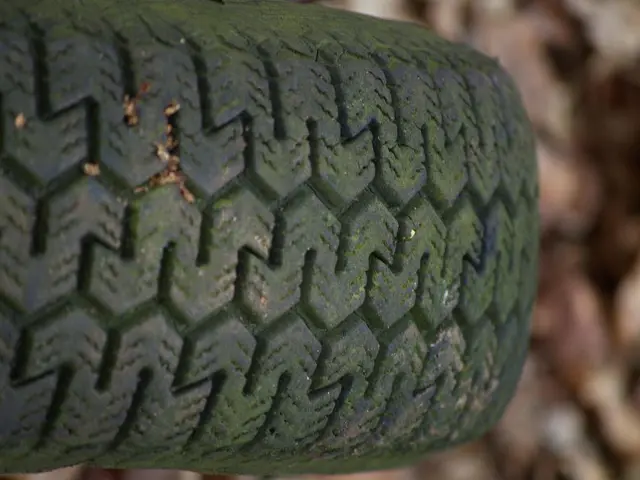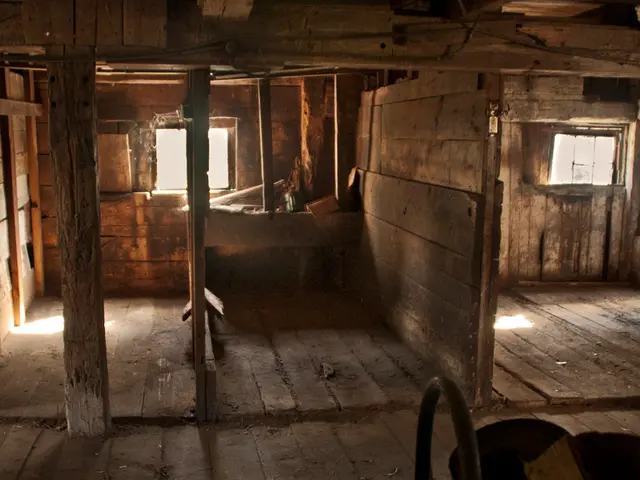Coastal Erosion Mitigation: Potential Role of Wave Energy Parks
A research collaboration between CIIMAR and the Faculty of Engineering at the University of Porto has devised a multi-purpose solution to address coastal erosion off the coast of Esposende. This innovative wave energy park design aims to generate renewable marine energy while providing coastal protection.
In a press release, CIIMAR explained that this project has the potential to make Portugal virtually self-sufficient in electricity or even an electricity exporter—key milestones in national and European strategies for 'green' energy transition and autonomy.
The energy produced could also cater to other users and emerging markets, such as offshore aquaculture and desalination, both of which have significant potential in Portugal. Effective collaboration with local communities and stakeholders will be crucial to ensure a sustainable, viable, and accepted proposal that meets the energy needs of all parties involved while safeguarding the environment.
Daniel Clemente, the first author of the project, highlights the importance of further collaboration with communities and institutions if there is interest in exploring the study proposal in future stages.
"If we can protect our coast and generate renewable energy at the same time, why not explore it?" says the researcher. "We need disruptive solutions for both issues, but without neglecting the minimization of potential conflicts with other uses of maritime space."
The location of the park was selected to minimize conflicts in the use of maritime space, promoting local electricity production while mitigating the sea agitation regime near Esposende. An area that has experienced accessibility issues due to silting and erosion, the park is expected to significantly improve coastal protection.
CIIMAR's pioneering study revealed that the best-performing structures in the proposed wave energy park could produce up to 341,353 GWh/year. This amount of energy could potentially meet the annual electricity demands of more than 100,000 inhabitants in Esposende.
According to the research, reductions in wave height were observed in some cases, amounting to more than 25%—a significant achievement in coastal erosion mitigation. The study, titled "Assessment of electricity production and coastal protection of a nearshore 500 MW wave farm in the north-western Portuguese coast," was published in February by Elsevier in the international scientific journal Applied Energy.
- The research collaboration between CIIMAR and the Faculty of Engineering at the University of Porto in Portugal is working on a project that could make the country self-sufficient in electricity or even an electricity exporter, focusing on renewable marine energy and environmental science.
- The wave energy park design, if successful, could not only generate renewable energy but also cater to other users and emerging markets like offshore aquaculture and desalination, both of which have significant potential in Portugal.
- Effective collaboration with local communities and stakeholders is essential to ensure a sustainable, viable, and accepted proposal that meets the energy needs of all parties involved while safeguarding the environment and minimizing conflicts in the use of maritime space.
- To fund such a project, collaboration with institutions and investors in the finance industry would be necessary, as the potential energy production could significantly improve coastal protection and potentially meet the annual electricity demands of over 100,000 inhabitants in Esposende, while also contributing to global strategies for climate-change mitigation through renewable energy.








